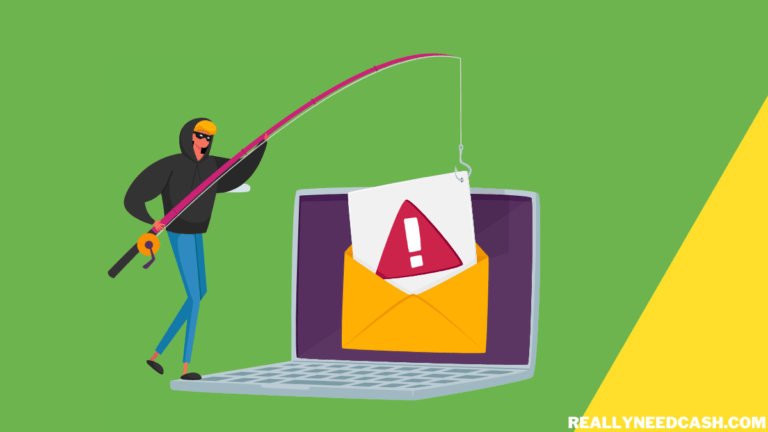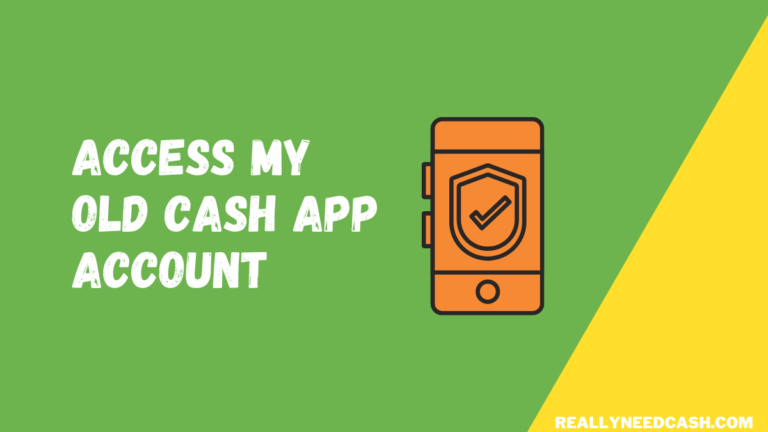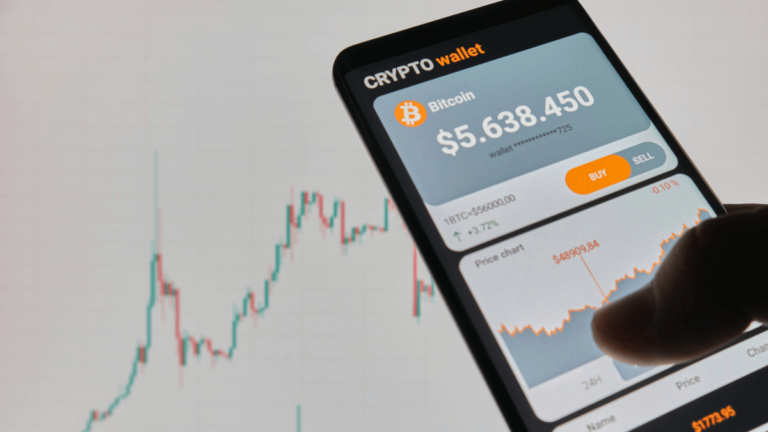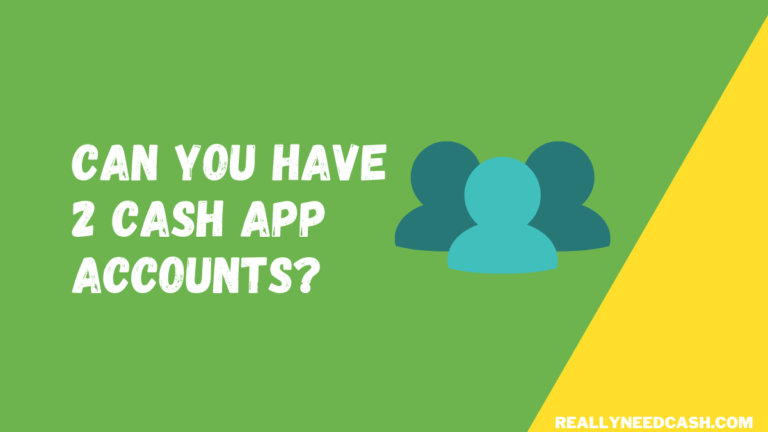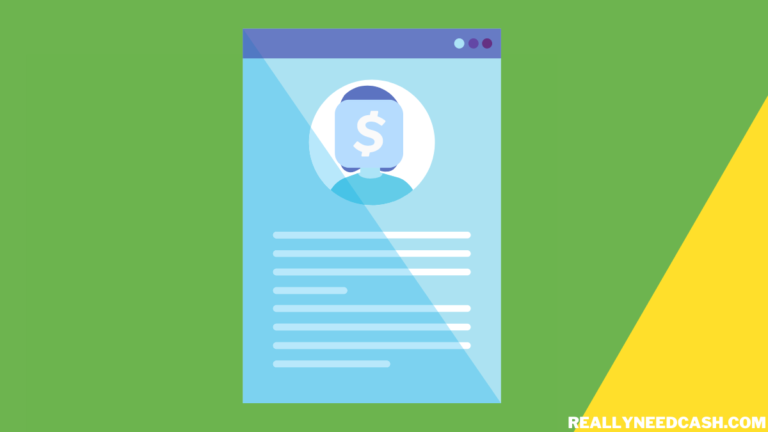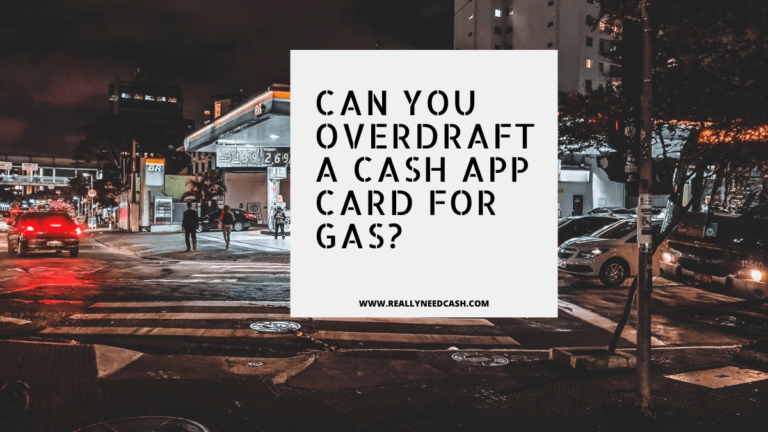Are you wondering if Cash App can share your transaction details with law enforcement? Are your transactions traceable? Read on to learn all you need to know.
For instance, can police officers get access to your transaction history? That, and many other questions, is what we’ll answer in this article.
Cash App Law Enforcement outlines its policies and procedures when it comes to sharing user information with law enforcement. It explains that Cash App will only share user information when they are legally required to do so, such as in response to a subpoena or court order.
When it comes to sharing information with law enforcement, Cash App along with all Payment apps specify in their privacy policies that they cooperate with law enforcement if they are being subpoenaed, but those policies do not say whether the company would inform their users if that ever happened.
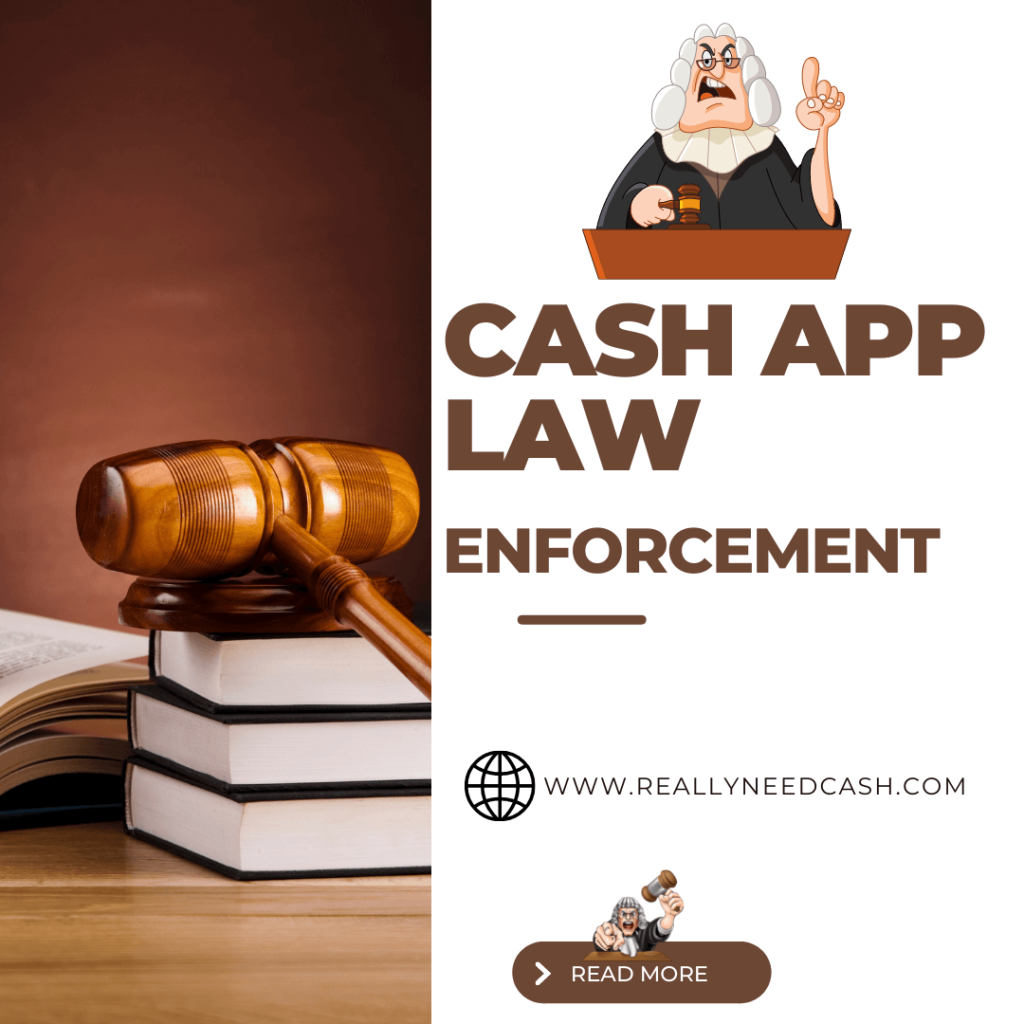
Will Cash App Share My Data With Law Enforcement?
In its Terms of Service document, Cash App states clearly that it’ll only give out information about its customers when it considers the request “reasonably necessary.”
According to the company, five instances can satisfy the “reasonably necessary” clause:
- Complying with a legal process: Cash App will release your information to meet legal requirements or procedures such as a warrant, subpoena, or court order.
- Exercising or establishing its legal rights: If there’s any situation that requires Cash App to defend itself, it might release your data to law enforcement as proof.
- Complying with company policies: If releasing your information will help Cash App enforce or comply with its policies, terms of conditions, or agreements, chances are it’ll be done.
- Protecting Customers: Cash App will release any information that’ll help it protect customers and users from harm, fraud, or any untoward activity.
- Assisting an investigation: If releasing a customer’s information to law enforcement will assist in an investigation, especially of suspected illegal activity, Cash App will do it.
Read: Can Cash App Transactions be Traced?
How Does Cash App Work with Law Enforcement?
I get it, man. You might be worried about your privacy when using Cash App. Let me tell you, Cash App takes your privacy seriously.
They won’t share your data with law enforcement unless they have a good reason to do so.
Please understand that under normal circumstances, Cash App won’t share your data with law enforcement. However, if they suspect that you’ve broken the law or if a law enforcement authority asks for your data for a lawful reason, they may share it.
Step 1: Cash App’s Privacy Policy
First things first, you need to understand Cash App’s privacy policy. You can find it on their website. Take your time to read it carefully so that you know what information they collect and how they use it.
Step 2: When Cash App May Share Your Data
Cash App may share your data with law enforcement if they suspect that you’ve broken the law or if a law enforcement authority asks for your data for a lawful reason. They may also share your data to abide by any relevant law, regulation, legal process, or governmental request.
Step 3: Cash App’s Data Retention Policy
They have a data retention policy that outlines how long they keep your data. They’ll keep your data for as long as they need it to provide their services, comply with legal obligations, resolve disputes, and enforce their agreements.
Step 4: What to Do If You Have Concerns
If you have concerns about how Cash App handles your data, you can contact their customer support team. They’ll be happy to answer any questions you have and address any concerns you may have.
What Kind of Information Does Cash App Release?
According to Square Inc, Cash App’s mother company, the company will only release information based on the specificity of the request.
If the request from law enforcement officials is too broad or vague, the company might not release the information.
What data do Payments apps collect and why?
All payment apps will require access to your personal information, including name, Social Security numbers, and bank account numbers. They also collect other activity information in the app alongside transaction histories and when and where the payments are.
For instance, let’s discuss PayPal’s privacy policy for a sec.
Paypal explicitly states that the company info like birthdays, browsing histories, and IP addresses in order to identify fraud. If, say, a young student living in New York were to suddenly start paying for lavish dinners in Islamabad, that might tip off the service that the account was either compromised or needs to be verified for fraud.
The same goes for Cash App which connects your biometric information like Face ID or Touch ID, saying they need to as a security measure. Cash App also collects lists of contacts in order to make it easier for users to find their contacts and friends to send and receive payments to the right contacts.
Cash App also explains that it shares information with third parties, including Google, however, the data is aggregated and anonymized in order to keep individual user identities anonymous and protected.
Are Cash App Transactions Traceable?
No, Cash App transactions can’t be traced. Unlike other digital payment applications, where users have the discretion to make their transactions private or public, all Cash App transactions are private by default.
Unless you share your Cash App credentials with a third party, your transaction history can be viewed only by you.
Government agencies like the IRS and the police can’t trace your Cash App transactions either.
However, as mentioned earlier, when these government agencies request a user’s transaction history through the right legal processes, Cash App is obliged to release it. So, in this case, your transactions can be traced.
Also, users can’t clear their transaction history because the Cash App doesn’t allow it. So if you insist on clearing your payment history, then the only option left is to delete your account.
Tips for Protecting Yourself on Cash App
Cash App puts in the necessary measures to make its service consumption as safe and convenient as possible.
It uses the most advanced encryption and fraud detection technology to monitor all transactions that go into its servers.
The technology, paired with effective safety standards, helps to keep fraudsters at bay.
However, you’re equally responsible for your safety as a user. Negligence on your part can put your money and your data at risk.
There are simple ways to make sure that your account and money are protected. Here are a few of them:
1. Verify the Payment
Enable the security lock feature so that before making a payment each time, your passcode will be required.
The security lock is an extra layer of protection that’ll prevent unauthorized persons from making payments to your account.
Once the person is unable to enter the correct passcode, they can’t continue with the payment process.
It’s also best to enable notifications so that each time you make a payment, you’ll be notified through text or email.
2. Make Sure to Log Out
Anytime you log in to your Cash App account on another device that isn’t your personal device, make sure you log out.
Furthermore, you’re sent a one-time-use login code each time you sign in to your account.
If you ever receive an unrequested sign-in code via email, it’s advised you secure your account by enabling two-factor authentication and updating your password.
Read: How to Fix Cash App Unable to Sign in On This Device?
3. Beware of Scams
Only reply to emails from persons and organizations you trust.
If you receive an email from Cash App containing links to websites other than Cash App or Square, ignore them. Any email sent from Cash App or Square will contain links to only the official websites of the app.
It’s also worth noting that Cash App Support will never ask you to provide your sign-in code or any such details. Also, it won’t ask you to make any payment, purchase, or download any application for any reason.
Read: Are Cash App Money Flip Scam Real?
Related read: Can You Get Scammed on Cash App Sugar Daddy?
4. Secure Your Mobile Device
A simple way to protect your Cash App account is to secure the device that hosts it.
You should create a unique and robust passcode for your device to keep outsiders far away. You can do so from your device’s general settings.
A strong password should be long, and contain a mix of uppercase and lowercase letters, symbols, numbers, and even spaces between the characters. Most importantly, your password shouldn’t have any ties to your personal information.
Last Words
If you want to keep your info private, there is not much you can do. However, Cash App allows users to opt in to share their contacts, and uploading a photo is optional.
As we’ve seen in this article, Cash App will release information to law enforcement as long as it’s part of a legal process. Other than that, your data can never be released.
Experts do suggest that you need to consider privacy each time you make a purchase and choose the payment method accordingly.
Did you find this article helpful? Let us know in the comments below!


